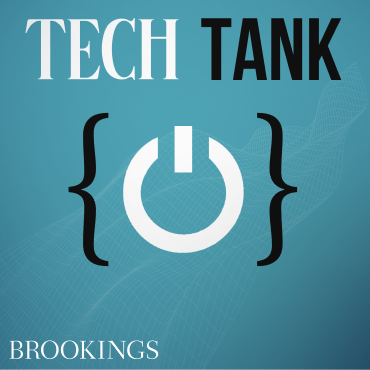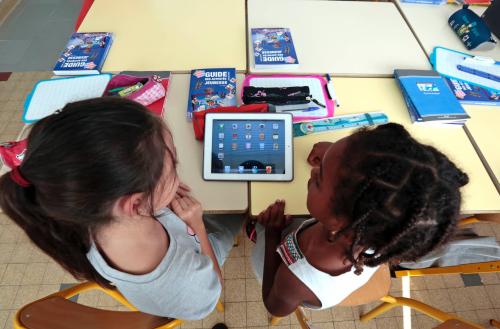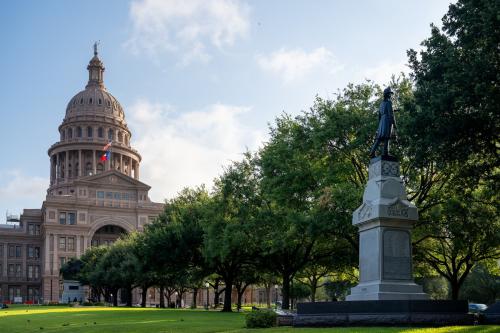TechTank, a biweekly podcast from the Center for Technology Innovation at Brookings, explores today’s most consequential technology issues. Moderators Nicol Turner Lee and Darrell West speak with experts and policymakers to share data, ideas, and policy solutions that address the challenges of our digital world.
The Affordable Connectivity Program (ACP) has helped to provision high-speed broadband service to over 23 million households since its inception as part of the Biden-Harris infrastructure spending bill. Yet, without additional funding, the Federal Communications Commission (FCC) has frozen new enrollments earlier in February and has begun the process of de-enrolling these same millions of subscribers. The potential elimination of the ACP raises concerns about the immediate and long term consequences on ongoing efforts to narrow the digital divide. In particular, questions should arise around whether the elimination of the the program could disrupt the current momentum around efforts to close the digital divide, which would leave vulnerable communities without financial support on their monthly broadband services. The abrupt elimination of the ACP also raises questions about the broader strategy for online access in the U.S., and how the entire ecosystem may lose without sufficient demand for existing and evolving broadband networks. In this episode of the TechTank Podcast, co-host Dr. Nicol Turner Lee discusses the future of the Affordable Connectivity Program (ACP) and its impact on bridging the digital divide. Experts Colin Rhinesmith, founder and director of the Digital Equity Research Center, and Fallon Wilson, vice president of the Multicultural Media, Telecom and Internet Council (MMTC) and director of Black Churches for Digital Equity, join the conversation. Together, they discuss the complexities surrounding the fate of ACP and examine its potential ramifications individuals and their communities. Tune in for this crucial discussion, only on the TechTank Podcast. You can listen to this episode and subscribe to the TechTank Podcast on Apple, Spotify, or Acast.
The Brookings Institution is committed to quality, independence, and impact.
We are supported by a diverse array of funders. In line with our values and policies, each Brookings publication represents the sole views of its author(s).













Commentary
PodcastWill ending the Affordable Broadband Connectivity Program (ACP) halt digital equity? | The TechTank Podcast
Listen on
February 26, 2024